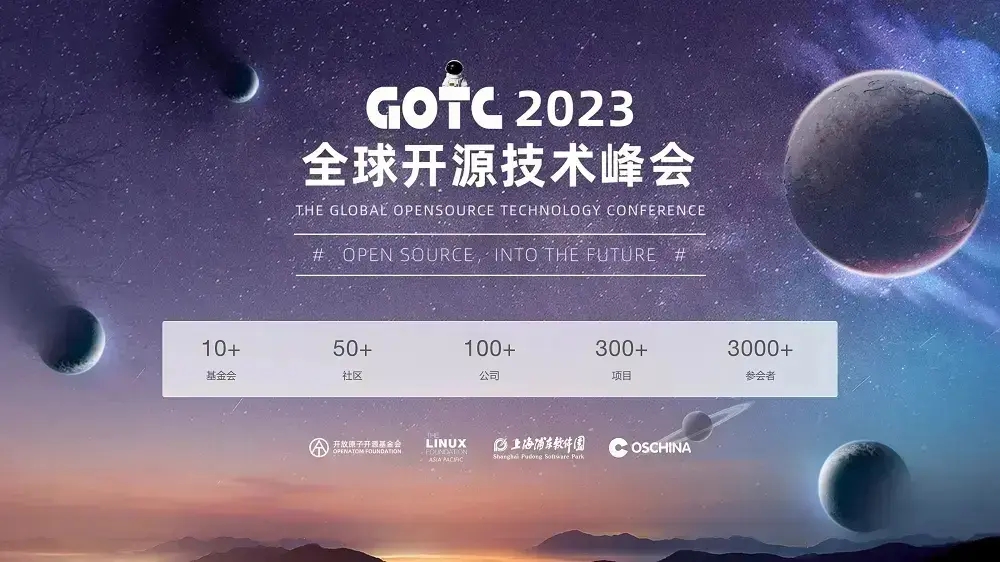Since 2021, Web 3.0 and meta-universe have gradually become popular concepts in the global technology industry; Web 3.0 is the future of technology development direction, and meta-universe is the future of application scenarios and lifestyles, and the two are complementary to each other, and the relationship between them is dependent on each other. Technology giants such as Meta, Google, Apple, Huawei, Tencent, OPPO and so on have been actively laying out related industries.
However, we have to face the fact that technical limitations are becoming the biggest bottleneck in the development of Metaverse, and the development of Web 3.0, spatial computing, super computing power, instant messaging, and other corresponding underlying technologies will determine whether Metaverse is an illusory bubble or a real future.
The meta-universe is realized by using Web 3.0 technology, which includes blockchain, AI, big data and other technological innovations and DAO (Decentralized Autonomous Organization) network organization model innovations.Web 3.0 provides decentralized and data privacy technology to support the virtual economy and asset transactions in the meta-universe. Web 3.0 provides decentralized and data-privacy technologies to support virtual economy and asset transactions in the metaverse, and the virtual economy of the metaverse can also be combined with cryptocurrency and blockchain technologies in Web 3.0 to achieve decentralized currency exchange and asset management.
The purpose of meta-universe itself is to create a realistic virtual world to replace some activities in the real world, but if we want to realize the seamless connection between the digital world and the real world, so that the two worlds can perceive and understand each other, we rely on spatial computing technology. 3D engine, VR/AR/MR, voice and gesture recognition, spatial mapping, digital twins and other technologies belong to the spatial computing layer. In particular, 3D engine technology is indispensable for smart cities, building virtual spaces, industrial design and highly realistic immersive user experiences.
In addition, infrastructure and supporting services such as edge computing, instant messaging, patent pools, etc. are also becoming the focus of attention in the industry.
When we talk about the meta-universe, it’s even more important to talk about the hardcore technology behind it. on May 27-28, GOTC 2023 will be held in Shanghai. Among them, “Web 3.0 Meta-Universe World” thematic forum will lead the audience to clear the fog, look forward to the ultimate form of the meta-universe, and dismantle the meta-universe from the technical perspective of Web 3.0, spatial computation, 3D engine, instant messaging, etc. !
Global Open-source Technology Conference (GOTC), short for GOTC, is a grand open-source technology feast for developers around the world, jointly sponsored by Open Atom Open Source Foundation, Linux Foundation Asia Pacific, Shanghai Pudong Software Park and Open Source China. From May 27th to 28th, GOTC 2023 will be a 2-day open source industry event in Shanghai. GOTC 2023 will take the form of industry exhibition, keynote speeches, thematic forums and open source bazaar. Attendees will discuss hot technology topics such as meta-universe, 3D and gaming, eBPF, Web3.0, blockchain and other popular topics such as open source community, AIGC, automotive software, AI programming, open source education and training, cloud native, etc., discussing the future of open source and contributing to the development of open source.
GOTC 2023 Registration channel is now open, We sincerely invite global open source enthusiasts in various technical fields to join us!



